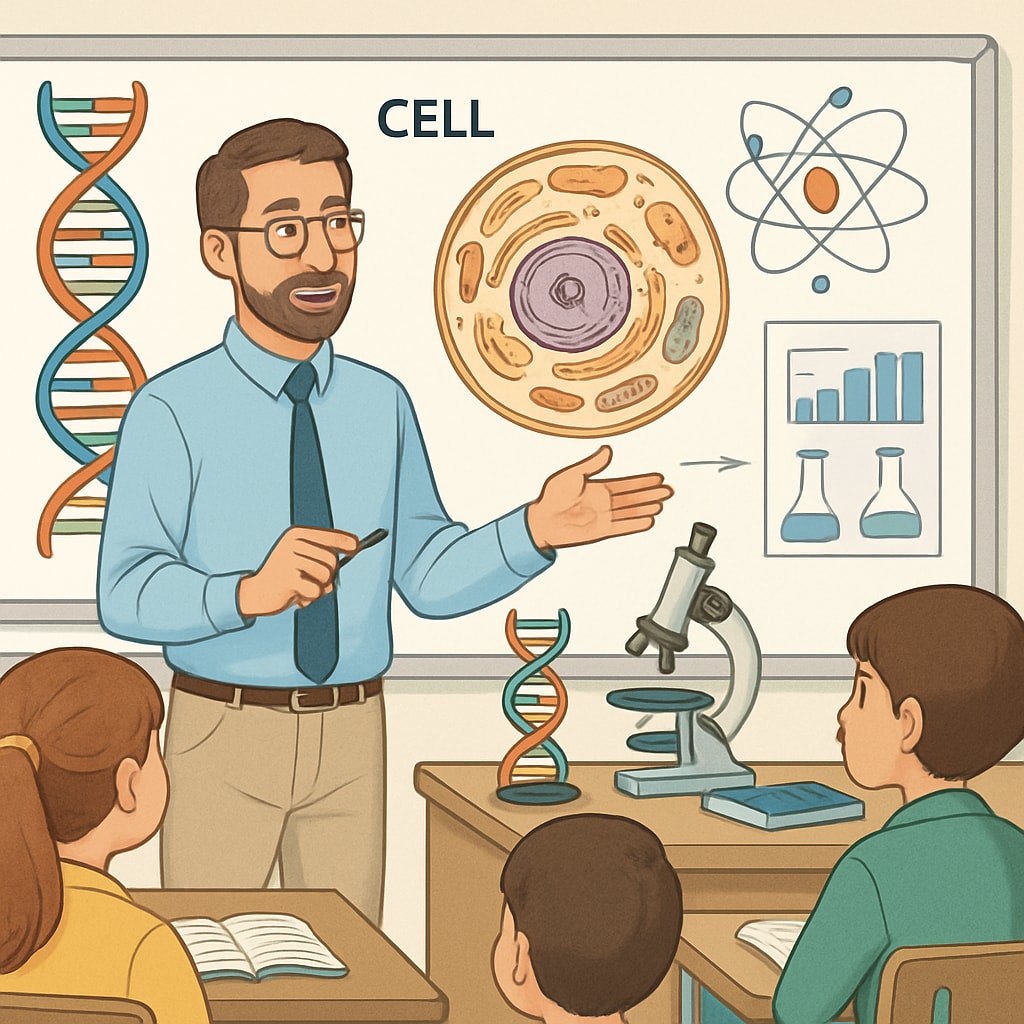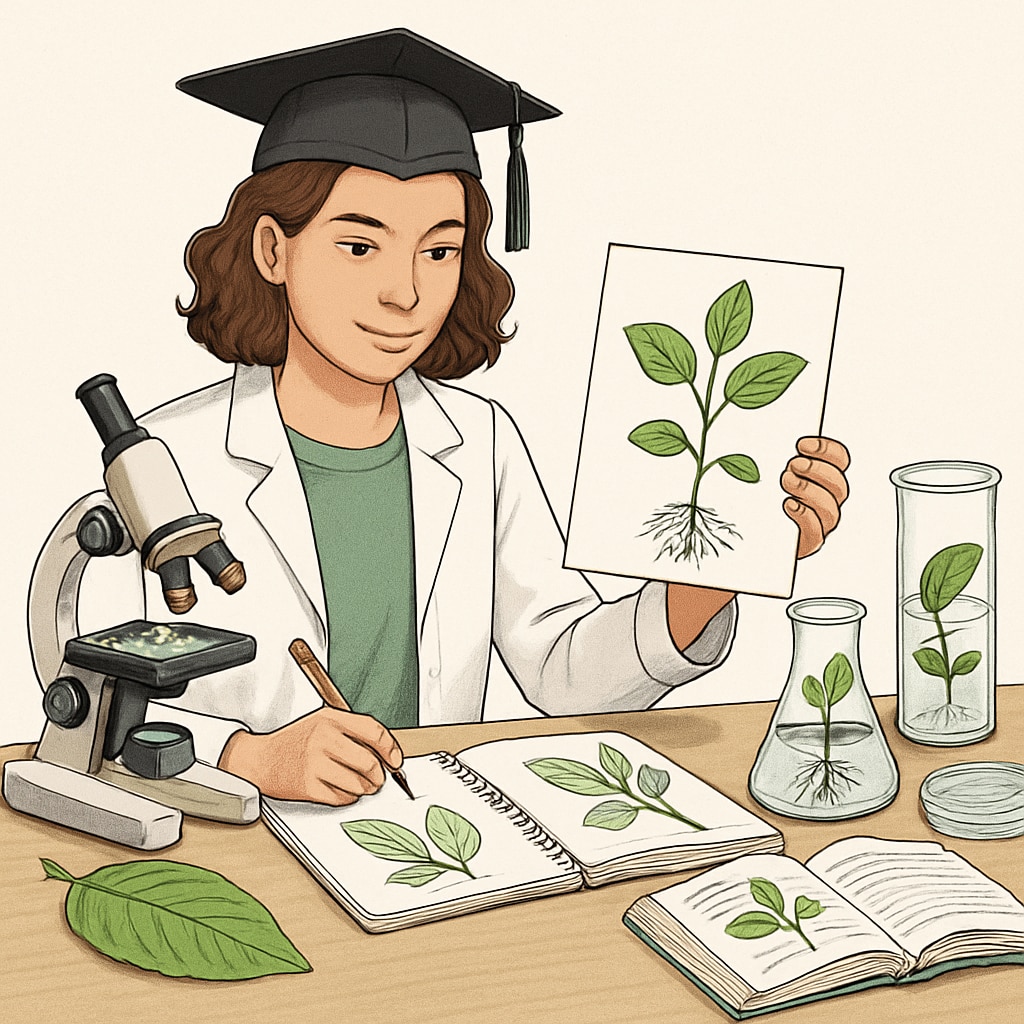Transitioning from a biology background to a master’s degree in education (commonly referred to as “education master’s”) might seem like an unconventional move. However, for those passionate about teaching and nurturing future generations, this shift offers immense value. Combining scientific expertise with pedagogical skills can create a unique edge in the education sector, particularly in STEM-related fields. This article examines the challenges, opportunities, and practical strategies for making this academic and professional leap.
Why Transition from Biology to Education?
Biology graduates often possess analytical thinking, research experience, and deep knowledge of life sciences—qualities that are increasingly valuable in education. As demand for STEM educators grows globally, individuals with specialized knowledge like biology have an opportunity to fill the gap in high-school science classrooms, college lecture halls, or even informal learning spaces such as museums or science centers.
The transition also aligns well with the goals of lifelong learners and those seeking meaningful, people-centered careers. Educators play an essential role in shaping the minds of tomorrow, and biology graduates bring a unique perspective to teaching scientific literacy and curiosity.

Challenges of Shifting Disciplines
Despite its benefits, transitioning from biology to education does come with challenges. One major hurdle is adapting to educational methodologies and theories, which may feel unfamiliar to someone rooted in scientific research. Education master’s programs often emphasize curriculum design, psychology, and classroom management rather than experimental techniques or lab procedures.
Additionally, the shift may require significant time and financial investment. Applicants must meet program prerequisites, which could include prior teaching experience or coursework in education. Furthermore, the societal perception of STEM professionals transitioning into teaching may sometimes raise questions about career choices, requiring individuals to confidently articulate their motivations.
Practical Strategies for a Successful Transition
To make the transition smoother, consider the following strategies:
- Research Programs Carefully: Look for education master’s programs that emphasize STEM education or offer pathways tailored for science graduates.
- Gain Teaching Experience: Volunteer or work as a teaching assistant in schools, tutoring centers, or community programs to build experience and confidence.
- Leverage Your Biology Expertise: Use your scientific background to create unique lesson plans or contribute to curriculum development, showcasing your specialized skills.
- Network Strategically: Attend education conferences or connect with professionals in STEM education to expand your understanding of the field.
- Embrace Lifelong Learning: Be open to learning new pedagogical techniques and theories, recognizing the value of continuous growth.

Opportunities in the Education Sector
Once equipped with a master’s degree in education, biology graduates can explore a range of career paths, including:
- Secondary School Teacher: Teach biology or general science at high school level, inspiring curiosity and critical thinking.
- Curriculum Developer: Design innovative STEM curricula that blend scientific concepts with practical applications.
- Education Researcher: Contribute to studies on effective teaching methods, particularly in STEM disciplines.
- Science Communicator: Work in informal education settings, such as museums, to engage wider audiences in scientific learning.
These roles not only utilize a biology graduate’s technical knowledge but also offer an opportunity to make a lasting impact on students and communities.
Conclusion
Transitioning from biology to a master’s degree in education is both feasible and fulfilling for those committed to teaching and learning. While challenges exist, the combination of scientific expertise and educational passion can open doors to enriching career paths. By carefully planning the shift and embracing new learning opportunities, biology graduates can successfully make their mark in the education sector, shaping future generations and fostering STEM literacy.
Readability guidance: This article uses short paragraphs, active voice, and accessible language to ensure clarity. Key points are summarized through lists, and transitional phrases enhance the flow of ideas.


